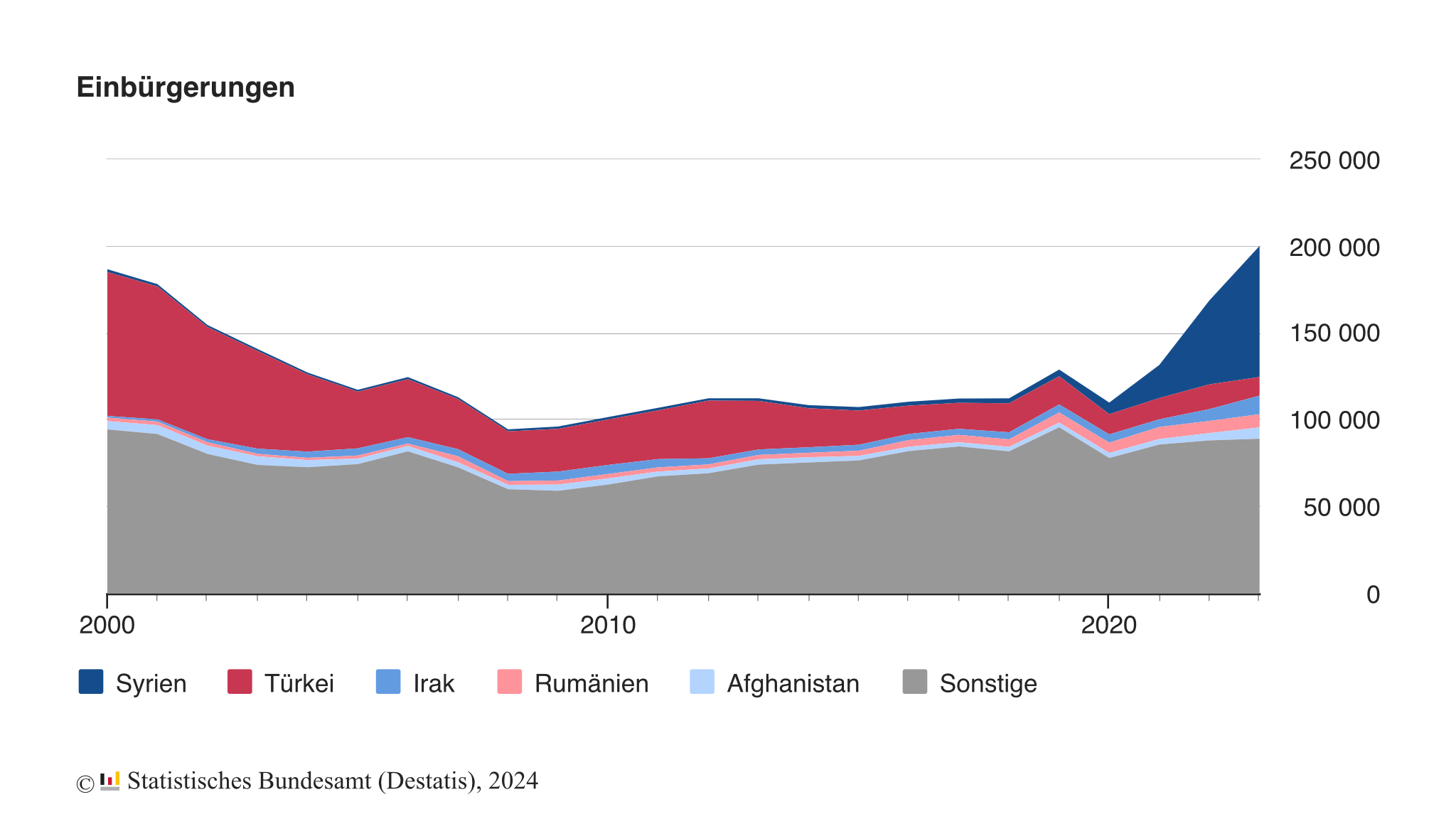
Watch the full breakdown here: Germany’s Reality Check — YouTube
Are Germany’s Courts Failing to Deliver Justice?
Germany is known for its order and efficiency, but the courts are showing cracks. Understaffed and overburdened, trials drag on so long that suspects must be released once pre-trial detention limits expire.
For internationals, this sends a clear warning: if justice is delayed for serious cases, how long might your visa process, residency application, or legal paperwork take? The very system built to ensure fairness now feels uncertain, and patience becomes more than a virtue it’s a necessity.
Why Is Politics Entering Germany’s Classrooms?
In Malchin, a small town in Mecklenburg, extremists from both left and right joined forces to block the Bundeswehr (German Army) from schools. While the plan won’t pass, it highlights something bigger: education itself is becoming a political battleground.
For international students, this is a reminder that even neutral spaces like classrooms can reflect Germany’s wider ideological struggles. The lessons learned go beyond books they reveal how politicized daily life can be.
Could Social Benefits Become Loans Instead of Support?
Two SPD district leaders in Thuringia propose that some groups should only receive welfare as loans, not grants. Their goal is faster integration, but the risk is clear: newcomers and students may face even more financial stress instead of a stable safety net.
For expats arriving in Germany, this shows how quickly policy debates can affect real lives. What was once a guarantee of support may now come with strings attached, forcing you to juggle repayments while adapting to a new country.
Why Are Family Costs Rising So Sharply?
Last year, Germany spent €3.2 billion covering unpaid child support for single parents more than half a billion higher than in 2023. This shows the state stepping in strongly, but also signals financial pressure building beneath the surface.
For internationals raising children here, this could mean stricter eligibility rules in the future. What looks like generous support today might turn into tighter regulation tomorrow.
What Happens When “Harmless Fun” Crosses the Line?
In Rottenburg am Neckar, a senior graduation prank caused €7,000 in permanent paint damage. The students are now paying the bill and cleaning it up.
The lesson is clear: in Germany, pranks and “just for fun” can quickly turn into costly liabilities. For expats, it’s a cultural reality check responsibility here doesn’t pause for jokes.
Is Germany Really Moving Beyond Cash?
Despite the stereotype of Germany being “cash-only,” only one-third of people now prefer cash. Mobile payments are booming, and just 9% still use credit cards domestically. Even bakeries are turning to Apple Pay over €10 notes.
For newcomers, this is both a surprise and a relief. Adapting to digital payments is no longer optional it’s becoming part of everyday life.
Can You Really Get in Trouble for Stealing Rainwater?
In Brandenburg, a woman is under investigation for taking two watering cans of rainwater from her neighbor’s barrel. Strange as it sounds, this highlights something fundamental: property rights in Germany are strictly enforced, even when the “property” is rain.
For internationals, it’s a reminder that cultural norms and laws here go hand in hand. Small actions you might dismiss elsewhere can carry legal weight in Germany.
Why Do Students Still Struggle With Bureaucracy?
One student in Thuringia was forced to take on debt and even donate plasma just to survive while waiting for his BAföG application, which remained unprocessed for a year.
For internationals relying on financial aid, this is a harsh truth: support exists, but delays can last months or years. Planning ahead isn’t just smart it’s survival.
Why Is Germany Cutting Back on Multilingual Support?
The Federal Employment Agency plans to stop printing Bürgergeld information leaflets in foreign languages. For expats and non-German speakers, this makes it harder to understand rights and obligations.
The message is unmistakable: German language skills are increasingly treated as a requirement, not just an advantage. For newcomers, investing in language learning is no longer optional if you want to navigate life smoothly.
What’s the Bigger Picture for Expats in Germany?
From justice delays to student struggles, from rising family costs to rainwater theft, Germany continues to challenge expectations. These aren’t isolated stories they reshape what daily life looks like for internationals.
👉 The takeaway? Life in Germany offers opportunity, but it also demands resilience, adaptability, and preparation.
Good luck 🙂


